 Iran’s Attack on Israel
Iran’s Attack on Israel
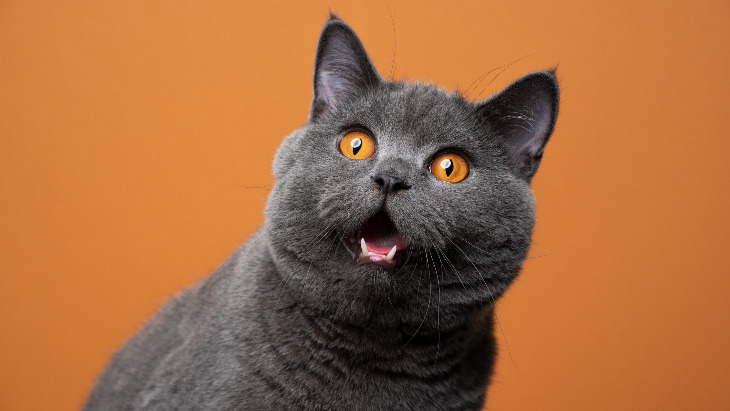

5 min read
Just in time for International Cat Day!
Growing up with cats, I learned a few valuable lessons. Unlike dogs, you have to earn cats’ affection over a long time - but once they finally warm up, you feel you’ve earned their trust. Cats are fun to watch. Leonardo da Vinci was right when he famously said even “the smallest feline is a masterpiece.”
Judaism has a lot to say about cats, from ancient times to today. In celebration of International Cat Day, August 8, 2022, here are eight Jewish facts about cats that you probably didn’t know.
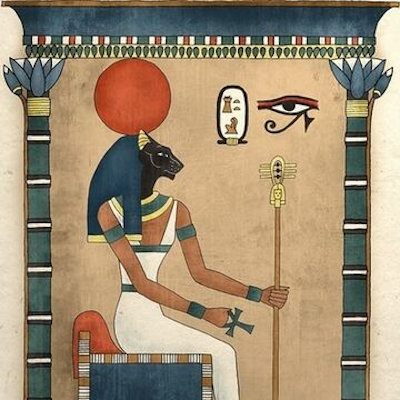 Egyptian goddess Bastet
Egyptian goddess Bastet
When the ancient Israelites left behind slavery in Egypt, they also left behind the idolatrous lifestyles of the Egyptians. Cats were an integral part of Egyptian polytheistic worship. The Egyptian goddess Bastet said to be the daughter of Re, the sun god, and was depicted in cat form.
Egyptians wore cat amulets and offered bronze statues of cats as religious offerings. Huge cemeteries of mummified cats have been found in Egypt; ancient Egyptians were also often buried with statues and mummies of actual cats.
The Talmud describes cats living in Jewish homes in ancient times. They were particularly prized for their ability to hunt snakes and keep residents safe. The Jewish sage Rav Pappa was thought to have counseled against entering houses that had no cats in them at night, lest one step on a snake accidentally (Talmud Pesachim 112b:10).
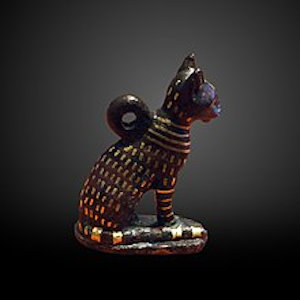 Cat amulet
Cat amulet
Elsewhere, the Talmud notes that dreaming about a cat can be a sign of change. In some contexts the dream can denote that good things will happen to the dreamer; in others, it’s thought to denote something negative (Talmud Berachot 56b:18).
Every cat owner knows how neat and fastidious our feline friends can be. Their neat qualities were recognized by the great sage Rabbi Yohanan who noted that we can learn many good traits from animals. He counseled that “Even if the Torah had not been given, we would nonetheless have learned modesty from the cat…” (Talmud Eruvin 100b:29). Something to think about the next time you watch your cat obsessively clean itself and its litter box.
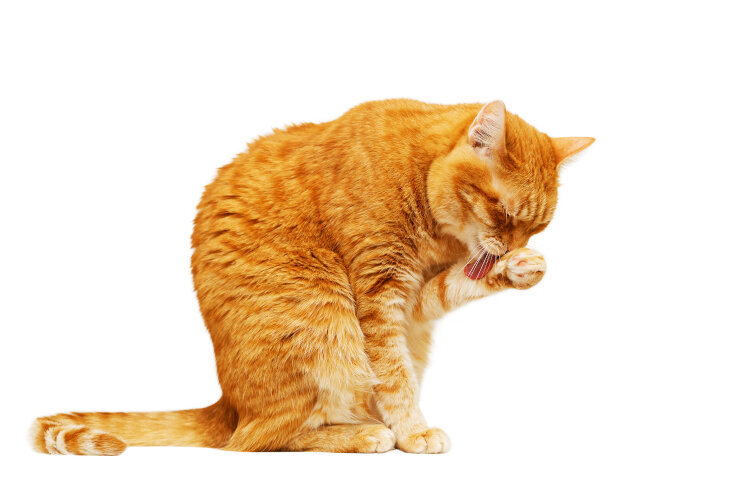
Having a cat – or any other pet, for that matter – is a big responsibility. King Solomon, said to be the wisest of all men, declared that “A righteous person considers the life of his animals” (Proverbs 12:10). According to Jewish law before buying a pet, we must first make sure that we can afford to care of the animal’s needs for food, shelter, and medical care. If you can’t, don’t acquire it. (Jerusalem Talmud, Ketubot 4:8)
Jewish law states you must feed your pet before feeding yourself (Talmud Gittin 62, Berachot 40a). Rabbi Moshe Feinstein (1895-1986) advised us to develop an extra sensitivity when it comes to our pets, and suggested that we not so much as taste a bite of food before making sure that our animals are fed.
King David penned the Perek Shirah, the Song of the Universe, which celebrates the beauty of the earth’s inhabitants. According to this beautiful poem, each creation is part of the vast, majestic pattern of the Divine. When it comes to cats, King David singled out their magnificent hunting abilities. A cat sings, “I pursued my foes and overtook them, and did not return until they were destroyed” (Psalms 18:38). It’s a stirring image, using the instantly recognizable instance of a cat stalking its prey to inspire us to similar bravery in battle.
According to the Rabbi Eliyahu Dessler (1892-1953), many of us think about love all wrong. Love doesn’t lead to giving. It’s the opposite: by giving, we come to love.
Rabbi Dessler used the example of parents giving to our children. The love a parent has for his child is greater than the love a child has for a parent because parents give to them constantly, taking care of them, feeding and clothing them, soothing their worries and watching out for them. Giving generates love.
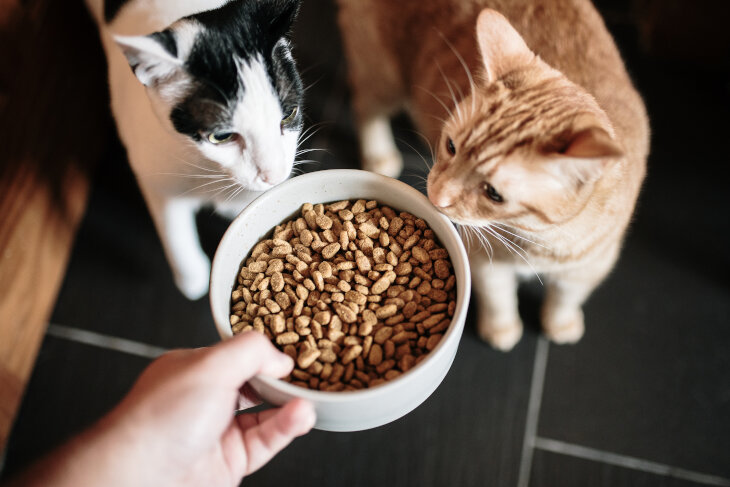
In fact, the Hebrew word for love, ahava, hints at this relationship. The root of ahava is hav, meaning “give”. The more we give, the more we feel affection for others.
The giving nature of relationship is no less true when it comes to pets. Taking care of pets and receiving their affection in return helps to satisfy the fundamental human desire to connect and to give.
Anyone who’s ever walked down a street in Israel knows that cats are as common as squirrels and rabbits are in America. This harks back to the time of British rule, when British soldiers imported cats to the Holy Land to help control rodent populations. Since then, the cat population in Israel has grown.
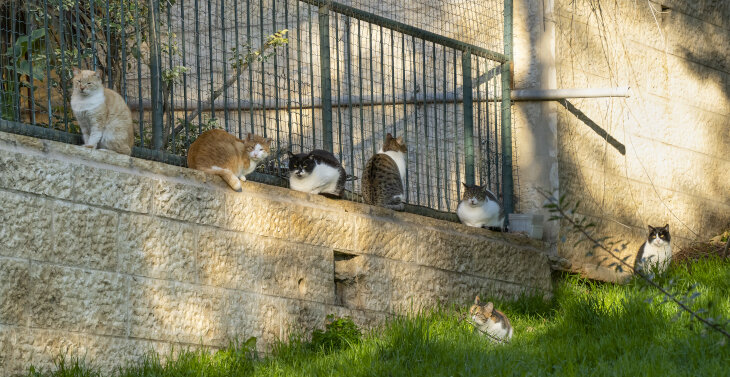
Today, Israel is home to over 2 million cats, many of them living wild in cities and towns. Israel’s warm climate, combined with the generosity of many Israelis who often feed street cats, has allowed the cat population to burgeon.
Given the popularity of cats in Israel, it’s no surprise that the Start-Up Nation has seen some impressive inventions to help pet owners to take care of their cats. Take PetPace, an Israeli invention that was named Israel’s Most Promising Startup in 2015. It uses a smart collar to monitor a cat’s pulse, respiration, calories, activity levels and movement.
Israeli artist Ruth Kedar, who designed Google’s logo, also designed a smart litter box which tells cat owners when the litter needs to be changed. Another Israeli startup, CatGenie, even invented a self-changing litter box.

there are cases of Cats who are "employed" by synagogues to protect Torah Scrolls from mice they are known as "Shul Katze"